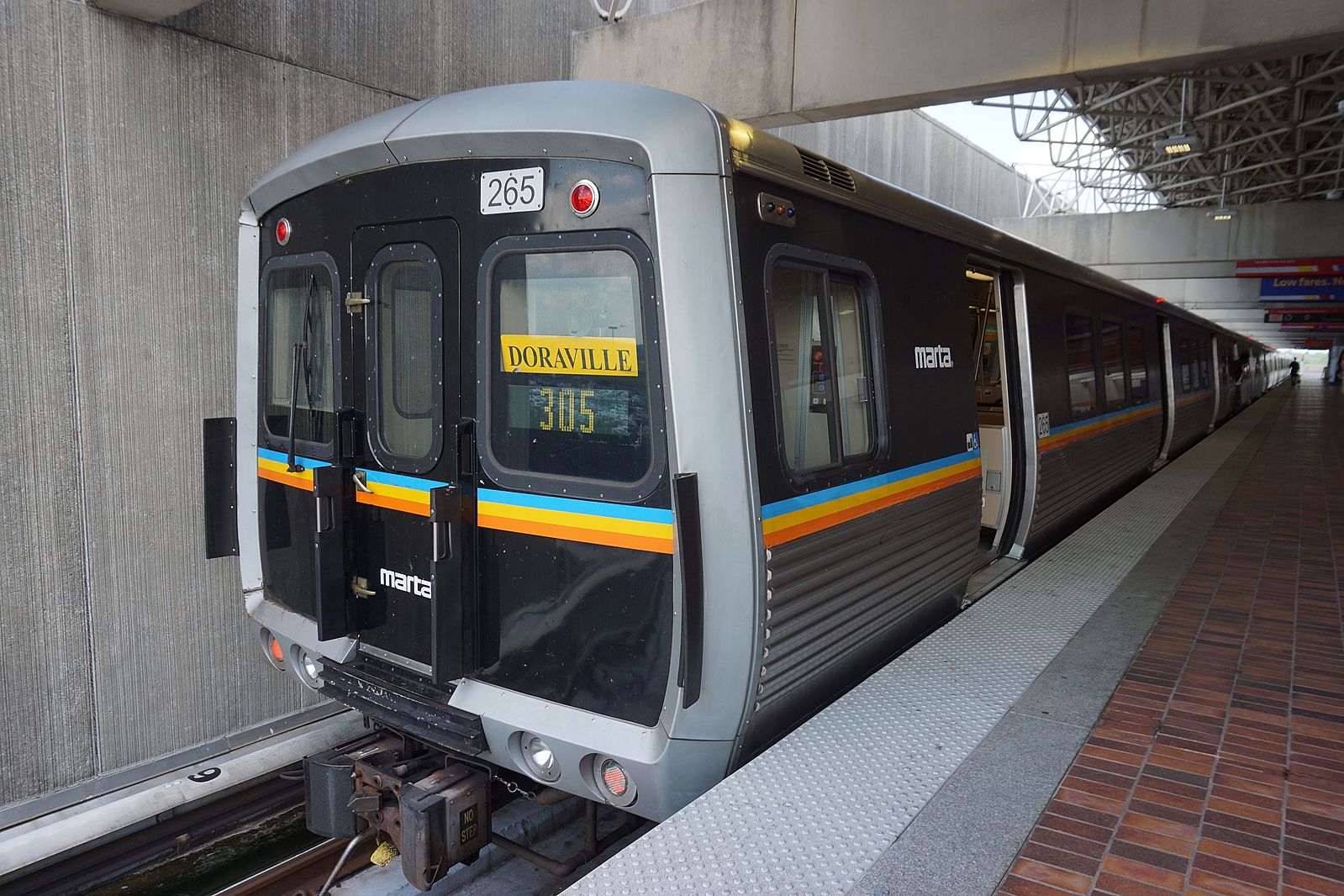– On Nov. 14 at 1:22 p.m., officers received a call from an Emory student who said her wallet was stolen. The student claims her wallet was stolen between Nov. 12 at 2:15 p.m. and 7:30 a.m. of the following day. Someone made a fraudulent charge on her card at Cox Hall for $10.17. She deactivated the cards when she found out the charge was made.
– On Nov. 21 at 8:03 a.m., a fire alarm at the Michael C. Carlos Museum was triggered. The security guard at the location said that a painter was using a heat gun in the museum. It is believed that the heat from the heat gun triggered the fire alarm, which was reset. The director of fire safety was notified.
– On Nov. 21 at midnight, officers received a report that a teak bench was broken in the vicinity of Longstreet-Means Residence Hall. The value of the bench is $1,200. The complainant also reported that several potted plants in front of the residence hall were overturned.
– On Nov. 23 at 4:47 a.m., officers responded to a call regarding a fight at Clairmont Tower. An Emory student said that he got into a fight with another individual. He said he did not know who the individual was, but he was hit on the right side of his face. The student was transported to the hospital.
– On Nov. 18 between 1:15 p.m. and 1:30 p.m., a student’s wallet was stolen in the Robert W. Woodruff Library. The student went to the bathroom, and when she returned, her wallet was missing. The wallet contained her driver’s license, an EmoryCard and $15 cash. At least $122 in fraudulent charges has been made on her credit card. The incident has been turned over to an investigator.
– Between Nov. 15 at 2:00 p.m. and Nov. 18 at noon, a bike was stolen in front of Cox Hall. The white Trek bike is valued at $400.
– Compiled by Crime Beat Writer Brandon Fuhr
The Emory Wheel was founded in 1919 and is currently the only independent, student-run newspaper of Emory University. The Wheel publishes weekly on Wednesdays during the academic year, except during University holidays and scheduled publication intermissions.
The Wheel is financially and editorially independent from the University. All of its content is generated by the Wheel’s more than 100 student staff members and contributing writers, and its printing costs are covered by profits from self-generated advertising sales.






it will not totally remove the plugin….